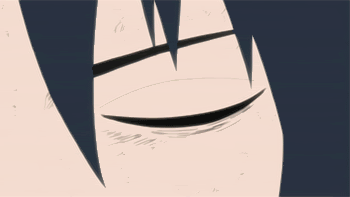Let's go to TKP !!
You spend hours laboring over text, creating the perfect blog post. If you read TutorialBlog, then you also know the importance of including photos on your blog, too. But, how much time did you spend making sure that your images are SEO-optimized for the best performance? Photos can be more than eye-candy for readers, images are a great opportunity to improve your on-page search engine optimization.
Savvy bloggers know to take every opportunity to increase their appeal to search engines. Why should you care? Because every time your blog or blog post comes up in the search engine results, you have the opportunity to drive additional traffic to your blog — and that means more readers and, if you are selling something, more customers!
Optimizing Images for SEO
Here are some easy ways to use the images you place on your blog for SEO (search engine optimization) purposes:1. Optimize Begins With the Right Name
Just because your camera automatically names an image “234455.jpg” doesn’t mean this is the best name. The search engines have no idea what to do with that! Optimize your photo filenames by rename the file to something distinguishable like “easy-pumpkin-pie.jpg” before uploading it to your website.Make the image name descriptive with a few of your keywords, but don’t go overboard with a 10-word title.
2. Alt Text: Always Use the Alternative
In addition to being helpful from a usability standpoint, search engines use the alt attribute field to help determine the content of the image. If the alt field is empty, search engines don’t always know the best way to interpret the image.If you’re using WordPress, it’s simple to change the alt information. Simply upload your image using the “Add Image” function, and then in the “Alternative Text” field, add your alt text info, again using your descriptive keywords.
3. Title Attribute Tells All
The title is what shows up when your cursor hovers over the image. Fill in the information for the title just as you would the alt attribute, using the same method from the “Add Image” function on WordPress.4. Keep Your Keywords Close
It seems obvious that you’d want to use your keywords in your text, but some bloggers forget, thinking it’s enough to mention them in the title and/or the attributes above. Not so! If your blog post is about how to make home décor items from dryer lint, then you should mention that phrase several times in the text of your blog post, and illustrate the post with a photo of revamped dryer lint. The file name of the photo, as well as the alt and title attributes, should all support that keyword phrase.SEO is mostly common sense. Think about what people would type into Google, Bing or their favorite search engine to lead them to your blog post. Then use that phrase wherever you can — without overdoing it.



 Viewed Article: .
Viewed Article: .

Posting Komentar ~ Back to Content